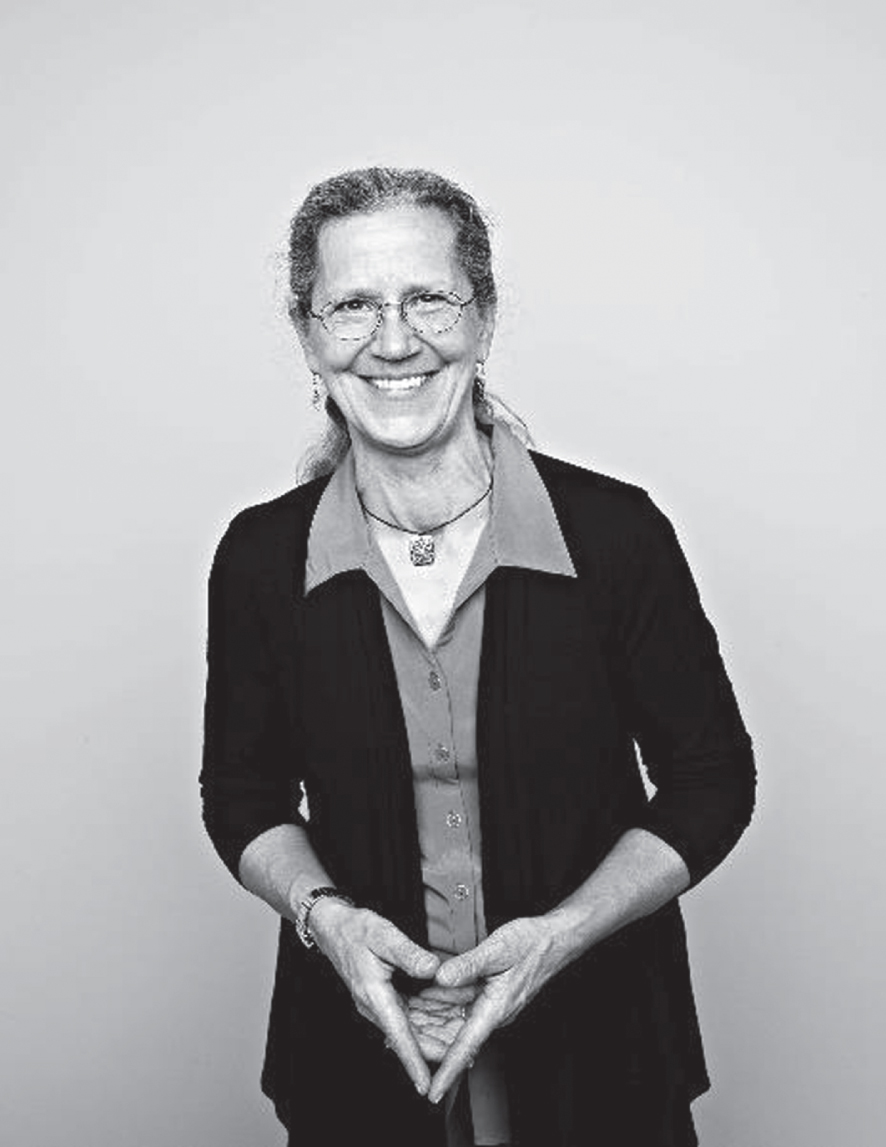Interview with Teepa Snow
1Tell us about how your business and how you got started in social entrepreneurship?
As an Occupational Therapist, I had many different experiences working with individuals with all forms of brain change, including dementias, strokes, traumatic brain injuries, and developmental disabilities. I started presenting local speaking events in my community, which grew to regional, state, national, and, eventually, international speaking events. This growth nearly all occurred due to word of mouth – people who attended an event shared it with their parent organization, who then invited me to speak, and on it went. I also formed a partnership with an organization, where I would present events for them on a variety of dementia-related topics, and they would record the events and turn them into DVDs. These DVDs traveled to 39 different countries throughout the world, and greatly increased my visibility. I founded my company, Positive Approach to Care, as a sole proprietorship, initially as a location for the funds of my speaking engagements. At first, there was just one individual who assisted me with managing the speaking events, and she helped to create a website and a small Facebook page. Later, we became an S corporation, and have continued to grow.
2How does your business contribute to the prevention of illness, injury and disability for underserved populations?
Positive Approach to Care (PAC) provides online and in-person services, training, and products to professionals, family members, the lay public, and people living with brain change. Our mission is to change the culture of dementia care and decrease the stigma around dementia through affordable, and positive, educational training. PAC serves all people connected to those living with brain change and dementia. We truly believe that everyone is doing his or her best, and that when we know better, we can do better. When someone is unaware of certain aspects of dementia and what exactly is causing or contributing the challenges that they may be experiencing, it is very difficult for them to help effectively, so our goal is to increase awareness. We also feel that those living with brain change deserve to learn more about their condition and advocate for themselves, if they have the ability and desire to do so.
3What factors have contributed to the financial sustainability of your business?
It is essential to hire people that are truly skilled at what they do, and to be aware of each individual’s strengths and areas that are less strong. It is also important to recognize your own areas where you require additional support, and not to try to take everything on alone. Also, trying new things that are outside of our immediate comfort zone has helped financially, as well. For example, I was initially hesitant about joining TikTok, but that has truly proven to help spread our message to new audiences.
4How has the financial success of your business allowed you to have a social impact in your community? (Discuss a nonprofit, foundation, scholarship or other ways that you have been able to have social impact secondary to having a successful business.)
We have been able to offer scholarships for individuals attend one of our Certification Courses, and we regularly offer free webinars and live sessions online. We also allow those living with dementia to attend our annual conference at no cost. Additionally, lately we have been able to invest in a local nonprofit organization: formerly Senior Care of Orange County, now the Dementia Care Collaborative. Through this nonprofit, we have been able to provide the funds, skills, and resources to reopen an adult day health program that had closed, and have turned it into a supportive environment for staff, attendees, and visitors. We plan to continue to increase training opportunities and other resources through this nonprofit organization.
5What advice would you give others who want to become social entrepreneurs?
Deliver more than what you promise. When people receive more than what they are expecting, they are typically so pleasantly surprised that they are happy to help spread the word about your organization. Don’t be afraid to try things outside of your comfort zone – just start small and slow, and make sure you have adequate support when you do so. Also, be willing to provide some quality items or services at no cost, which really helps gain people’s trust and respect.
Teepa Snow is one of the world’s leading advocates and educators for anyone living with dementia or other forms of brain change.
Teepa is an Occupational Therapist with over forty years of rich and varied clinical and academic experience. Her philosophy is reflective of her education, work experience, medical research, and first-hand caregiving experiences. Her advocacy efforts led her to the development of the GEMS® State Model for understanding the progression of dementia and changes in abilities. She also created the Positive Approach to Care® training strategies, which are effective techniques for anyone seeking to optimize care and support for those living with brain change. As the Education Director of Eastern North Carolina’s Alzheimer’s Association, she also helped to create the nation’s award-winning DVD entitled Accepting the Challenge: Providing the Best Care for People with Dementia. Her user-friendly approaches provide guidance and leadership to national efforts to promote best practices in care.
Teepa’s company, Positive Approach to Care (PAC), was founded in 2006 and is now collaborating to improve dementia care in over thirty countries worldwide. PAC provides online and in-person services, training, and products to professionals, family members, the lay public, and people living with brain change. Please visit www.teepasnow.com for educational video clips, DVDs, books, information on individual certifications, online support groups, virtual and onsite trainings, or to subscribe to a free monthly newsletter.
Teepa presents with extraordinary expertise and humor to audiences large and small throughout the world. Please join in her mission to improve the culture of dementia care, one mind at a time.
Teepa Snow





